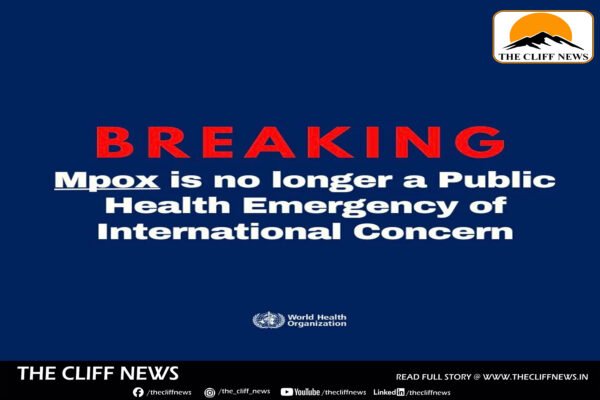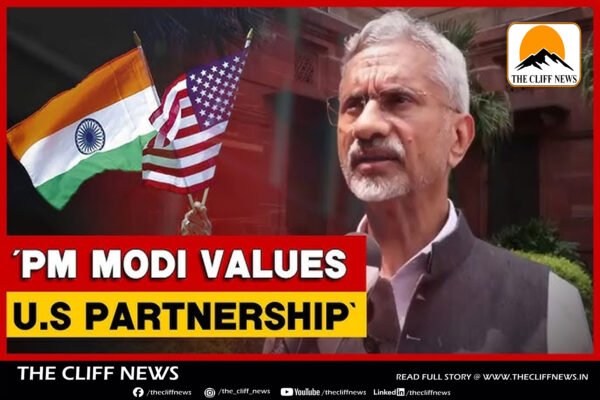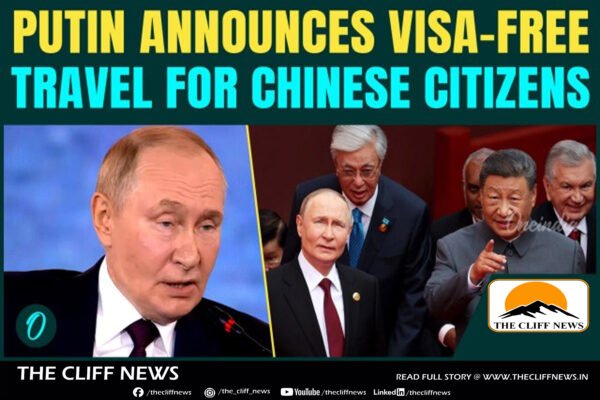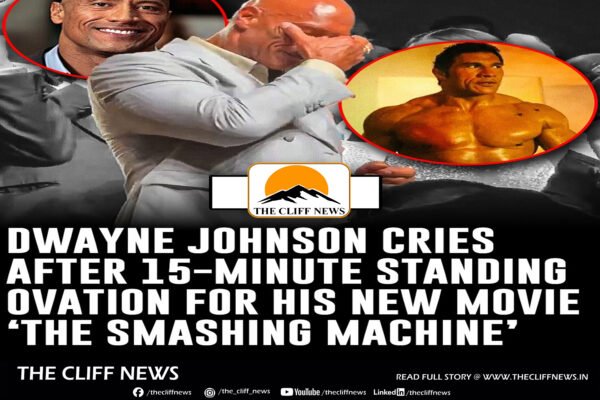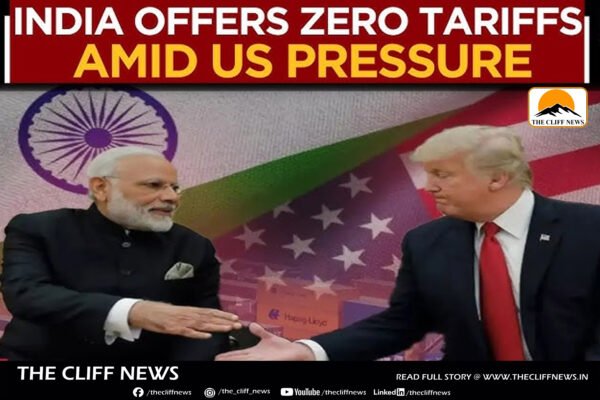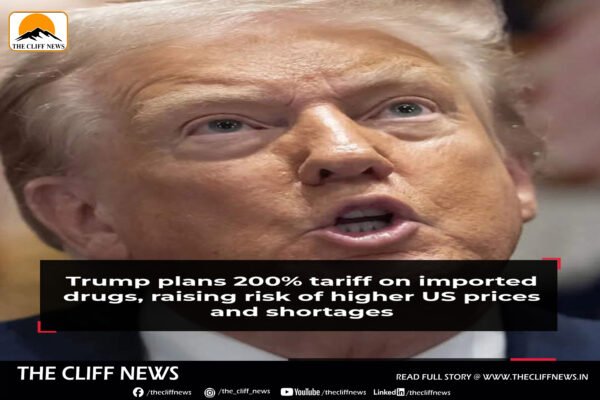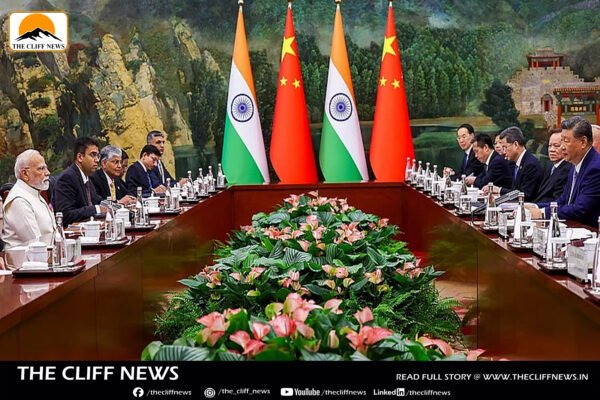WHO lifts global emergency status on mpox, Africa CDC still flags regional threat
The World Health Organisation (WHO) has announced that the spread of mpox (monkeypox) in Africa no longer represents a Public Health Emergency of International Concern (PHEIC), citing sustained declines in cases and deaths. WHO Director-General Tedros Adhanom Ghebreyesus said on Friday that the agency’s Emergency Committee, which has been reviewing the outbreak every three months, advised lifting the designation. “This decision is based on sustained declines in cases and deaths in Congo, and in other affected countries, including Burundi, Sierra Leone, and Uganda. We also have a better understanding of the drivers of transmission and most affected countries have developed a sustained response capacity,” Tedros noted. However, Tedros cautioned that the move does not mean the threat is over. “Lifting the emergency declaration does not mean our response will stop,” he said, stressing the risk of continued flare-ups. The Africa Centres for Disease Control and Prevention (Africa CDC) has separately declared that mpox remains a continental emergency, pointing to fresh surges in Ghana, Liberia, Kenya, Zambia, and Tanzania despite an overall 52% decline in weekly confirmed cases. Mpox is a viral zoonotic disease with early symptoms such as fever, muscle pain, swollen lymph nodes, and later widespread rashes. While most patients recover within weeks, severe illness and deaths can occur, especially among young children and people living with HIV. Since May 2022, more than 100 countries have reported mpox cases. WHO first declared the outbreak a PHEIC in August 2022, the agency’s highest level of health alert.
